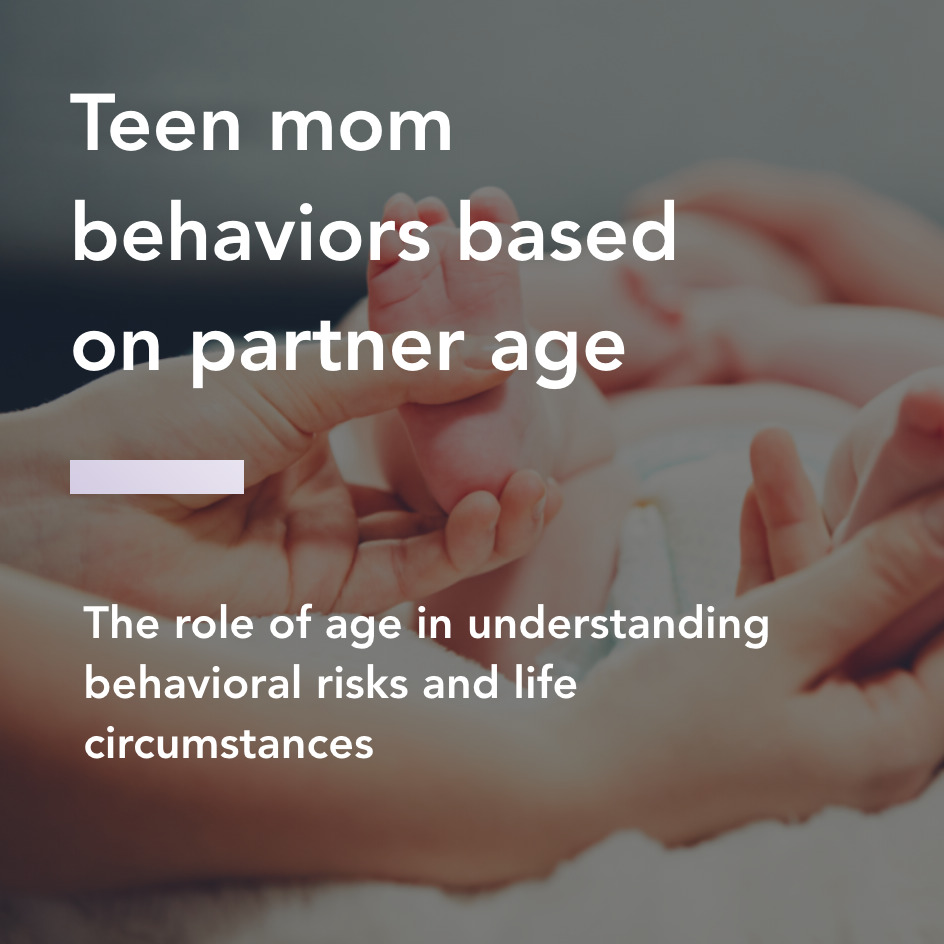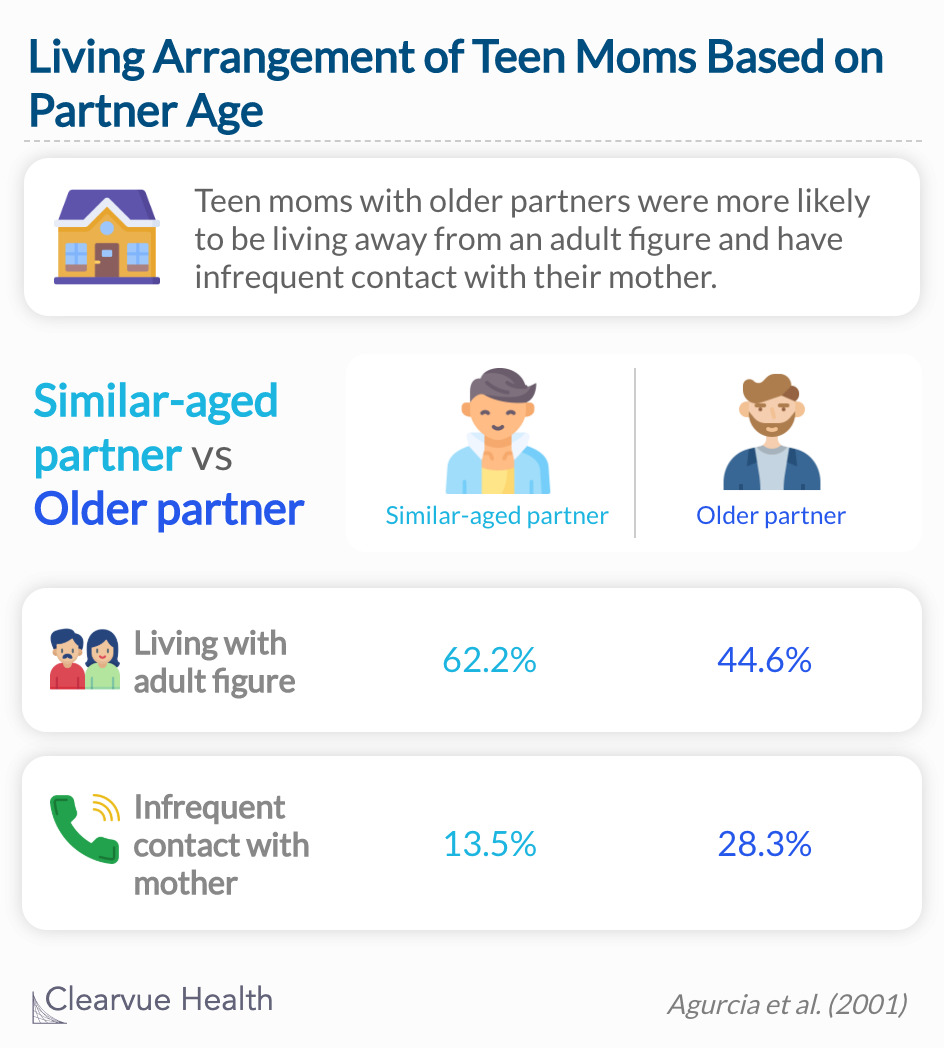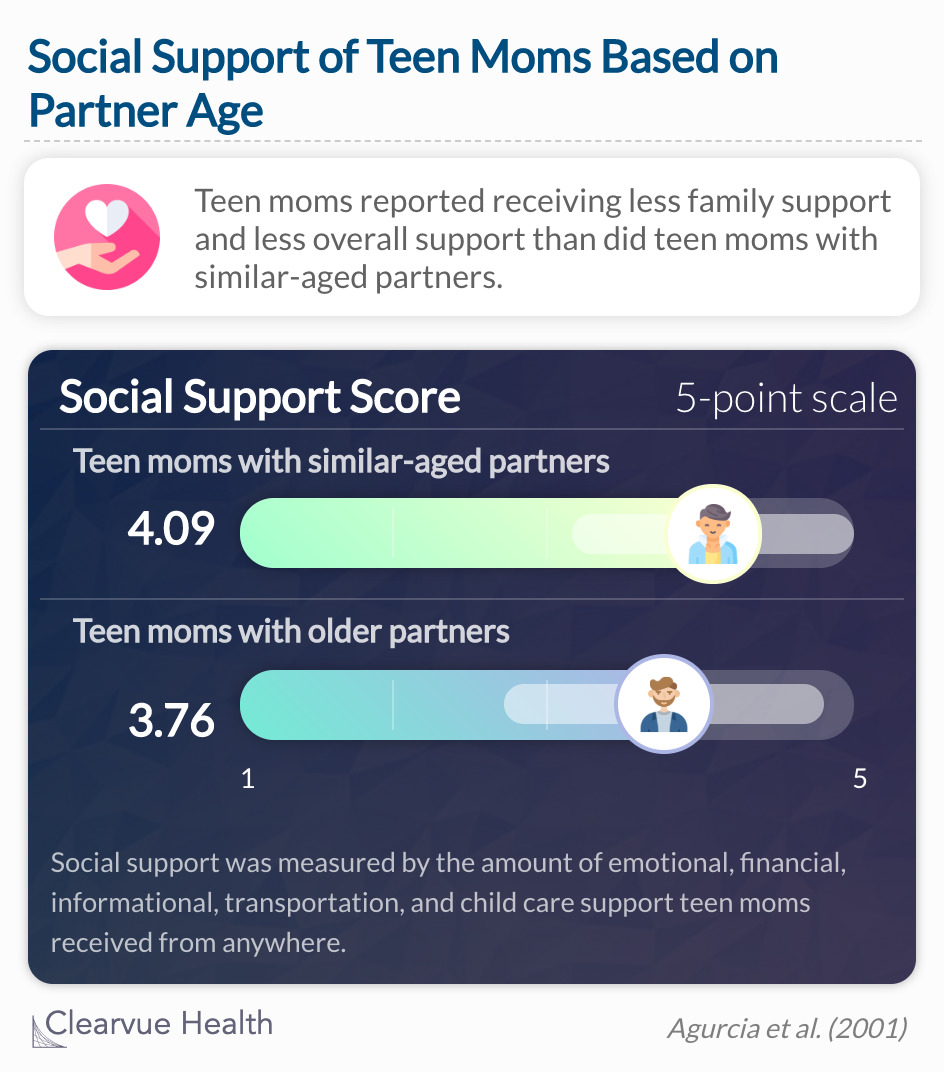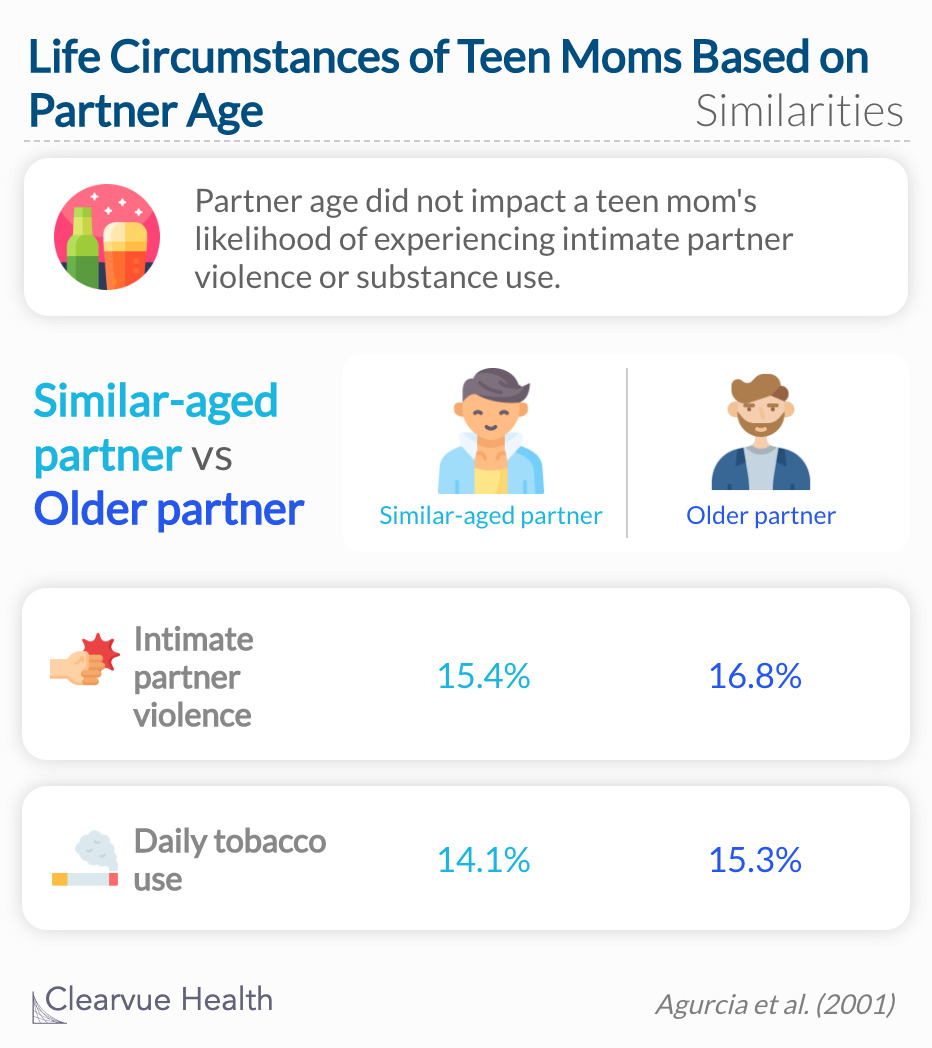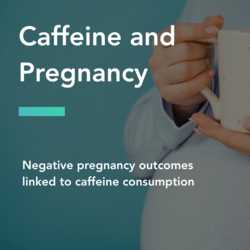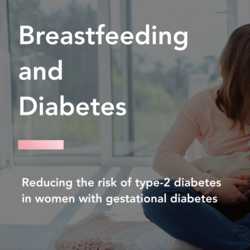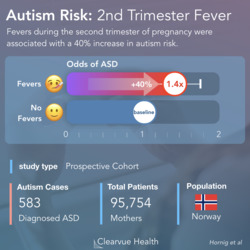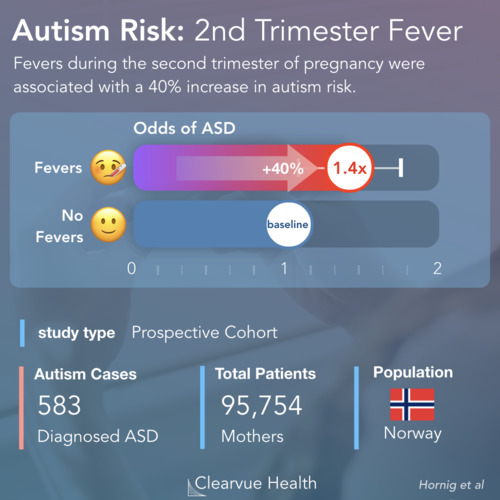Teen moms and partner age: the role of age in understanding behavioral risks and life circumstances
When it comes to teen pregnancy, the majority of the attention goes to the young mother. Obviously, attention is necessary to ensure prenatal care and additional support for these young women. However, they are also the ones most hurt by the situation. Studies have shown that teen pregnancy predicts a lack of educational and professional attainment. Teen moms are more likely to be impoverished, and more likely to have daughters that follow the same cycle. Stereotypes can be harsh on these mothers, to say the least. But what about the male partner? Their role in the well-being of the mother and the child is often overshadowed. That is one reason why researchers started to explore the role that the male partners have on the health of the teen mom.
Differences in partner age
In this particular study, researchers wanted to understand the experience of teen moms with different-aged partners. This is one of the first studies that assessed the life of a teen mom based on the age of their partner. The study included 931 teen moms who were surveyed shortly after giving birth and again 12-months later. They compared data from teen moms with similar-aged partners and older partners. Older partners were defined as men at least 5 years older than the teen mother. Approximately 34% of teen moms had a partner of similar age and 20% had a partner of older age. The surveys asked questions about behavioral risks such as a planned repeated pregnancy, substance use, and intimate partner violence. Data on life circumstances, such as financial status, school enrollment, and social support, were also collected.
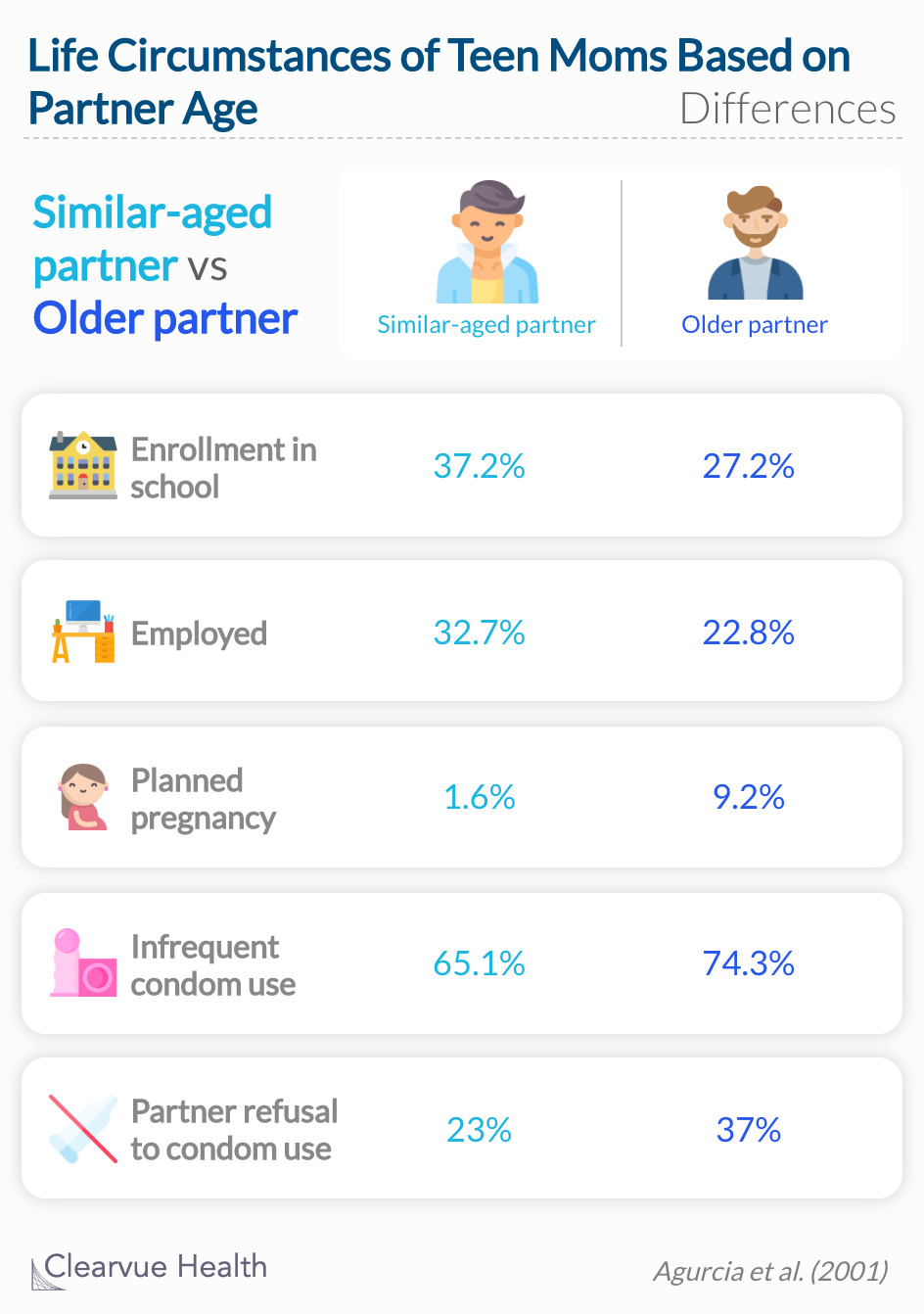
Adolescent mothers with older adult partners were significantly less likely to be employed or enrolled in school and were more likely to report planned repeated pregnancies and infrequent condom use.
Source: The Behavioral Risks and Life Circumstances of Adolescent Mothers Involved With Older Adult Partners
Consistent with similar studies, teen moms were less likely to be enrolled in school or employed than the general population. Teen moms with older partners were even less likely to be enrolled in school or employed than teen moms with similar-aged partners. Interestingly, teen moms with older partners were more likely to have planned their pregnancy and were more likely to infrequently use condoms. Something that the survey does not capture is if these behaviors were chosen by the teen mom, and how influential an older partner was in the making of these risky health decisions.
Living arrangement based on partner age
Adolescent mothers with older adult partners were more likely to be living on their own, away from an adult authority figure, despite the fact that they were no more likely to be married or living with this partner. While these adolescent mothers had less contact with their own mothers, they reported receiving less family support and less overall support than did adolescent mothers with similar-aged partners.
Teen moms with older partners were significantly less likely to live with an adult figure, such as a parent or guardian. This is important because that eliminates both the oversight and support often provided by an adult figure. Teen moms with older partners also reported infrequent contact with their mothers, and are subsequently missing out on their guidance and advice.
Social support based on partner age
Adolescent mothers reported receiving less family support and less overall support than did adolescent mothers with similar-aged partners.
Social support was measured by the amount of emotional, financial, informational, transportation, and child care support teen moms received from anywhere. Overall, teen moms with older partners said they felt less supported in all these areas. We can correlate this feeling of isolation with the living arrangement data. It makes sense that a teen mom who does not live with and has limited contact with their family would feel less supported in many areas.
Similarities in partner age
there were no differences between the 2 groups regarding intimate partner violence experienced during the preceding 6 months or the adolescent mother's or partner's use of tobacco, alcohol, marijuana, or other drugs over the preceding 30 days
Finally, the analysis found no significant difference in intimate partner violence or daily tobacco use in partner age groups. This is different from other studies that report higher rates of intimate partner violence with older partners. It is important to clarify that just because intimate partner violence was not significant in this study, that does not mean that it is not happening.
“
About 1 in 4 women have experienced contact sexual violence, physical violence, and/or stalking by an intimate partner during their lifetime. Nearly 1 in 11 female high school students report having experienced physical dating violence in the last year. About 1 in 9 female high school students report having experienced sexual dating violence in the last year.
CDC
Final thoughts
There are other forms of abuse than physical violence. When looking at the difference between partner age groups, older partners are less likely to use condoms. In fact, older partners are more likely to refuse to wear a condom altogether. This refusal can be interpreted as a means of coercion and an imbalance of power. This is a means of mental and emotional abuse. Further, teen moms with older partners are less likely to live at home. Restricting communication with loved ones is a common tactic used by abusive partners to isolate their partner and build dependence.
This research offered a glimpse into how partner age influences the life of teen moms and indirect ways that older men may be controlling their partners. It is critical that we recognize not only their needs as young mothers but the impact their partners have on their health and well-being.
